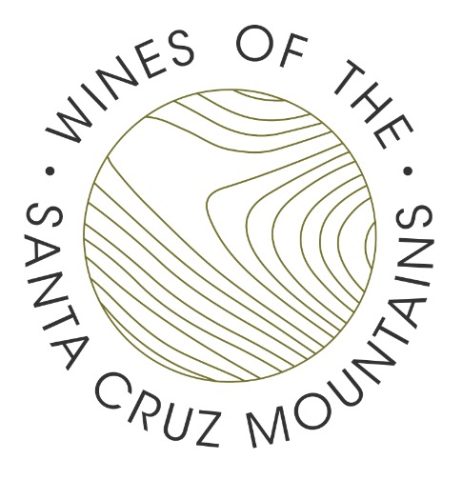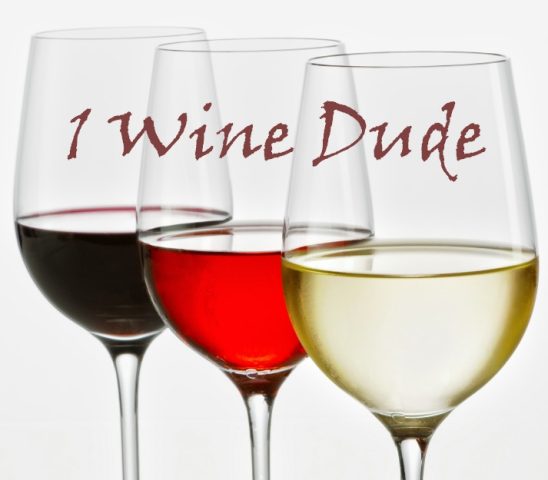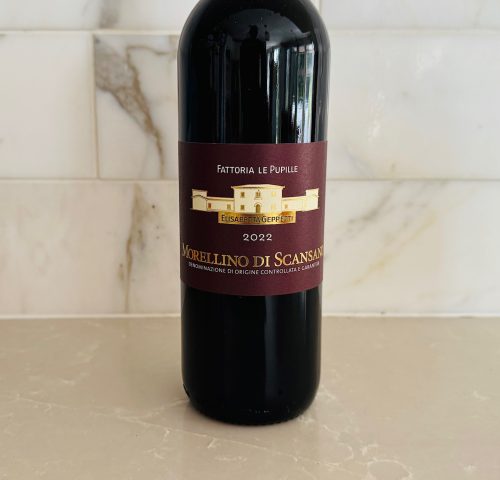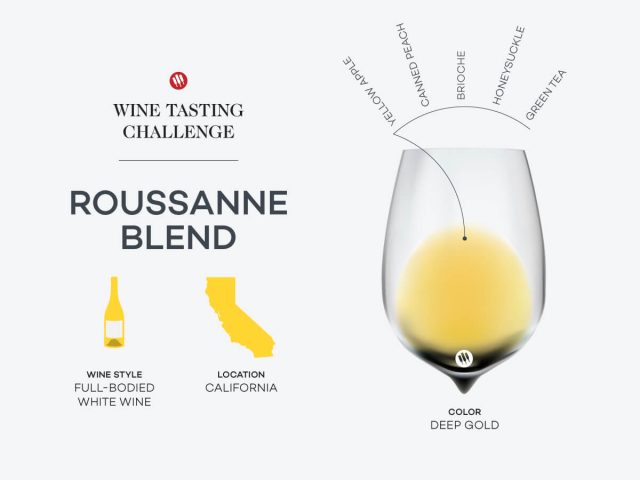“The Most Sustainable Winery in the World”: Inside UC Davis’ Wine Program
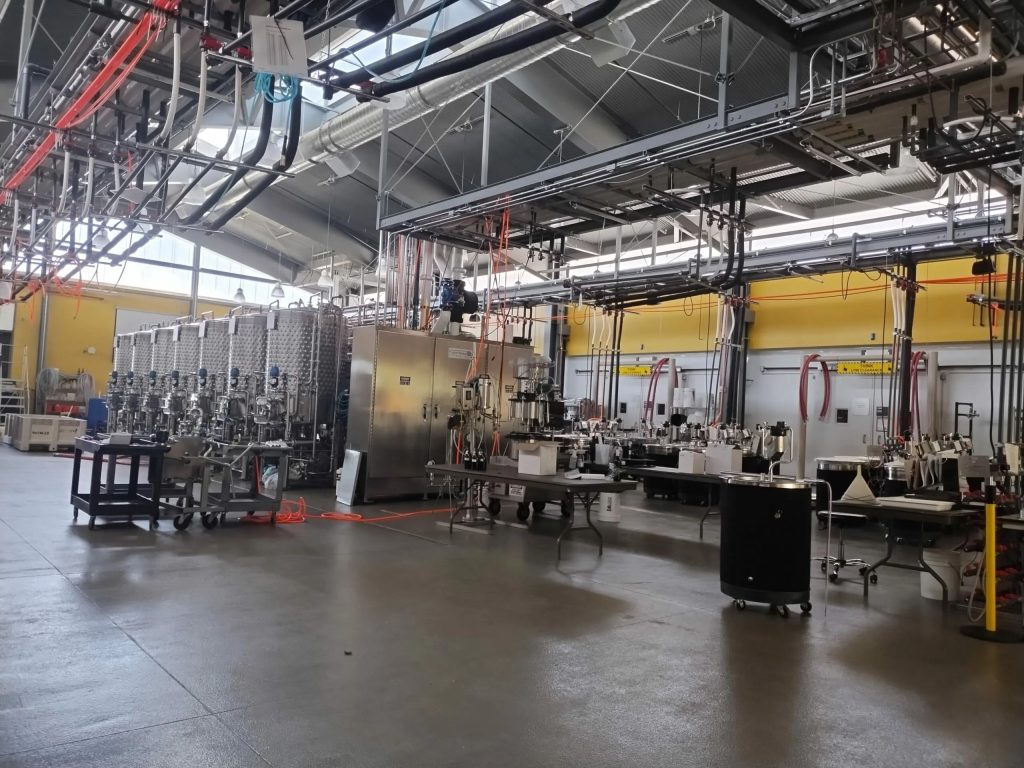
“This might be the most sustainable winery in the world.”
If you spend enough time in the wine business, you’ll eventually start to encounter mentions of UC Davis: vines and rootstocks that have been cloned, studied, developed, and/or analyzed there; people in the wine world who tout their status as “UC Davis trained.” For a long time, I wondered what the hell all of that meant.
So I decided to find out for myself.
Now that my oldest daughter is of the age where visiting potential universities makes sense (hOlY sH*T! How did that happen?!??), I took a little detour while she was touring UC Davis to, well, tour UC Davis (the UC Davis wine program, that is).
My host was Ben Montpetit, Ph.D, UC Davis’ Marvin Sands Department Chair & Associate Professor
of Viticulture and Enology, who gave me a rundown of their impressive wine-related facilities. Of course, they have traditional classrooms, but they consider the on-site winery, and the fifteen acre on-campus vineyard (along with forty acres of additional vines in Oakville donated by the USDA and Napa Valley growers, that’s technically a part of To Kalon) to be the real classrooms of the program.
But let’s back up a bit.
UC Davis’ wine program technically dates back to 1880, when “even at that time, California was seen as somewhere that could support a quality wine industry” as Montpetit explained. So they’ve been at it for nearly 150 years, with a steady stream of industry gifts and sizable donations since that time building up their facilities and programs.
For prospective students, whose class sizes average 25-30, UC Davis offers probably the best possible facilities for studying wine production in the USA outside of viable commercial wineries. The small winery itself houses fourteen 2,000 liter fermenters, with a handful of 200 liter tanks for their “science experiments.” Their pride and joy is the facility’s focus on water and chemical reclamation, which includes rainwater capture and filtering, and reuse of Nissan Leaf car batteries and solar panels to provide power. “This might be the most sustainable winery in the world,” Montpetit proudly (in a non-boastful, subdued academic way) told me.
UC Davis is famous in the global wine business for vine rootstock development, but they also perform R&D on fining materials, provide a sensory science center for tasting classes, provide internship opportunities for students to gain cellar and vineyard experience, and offer a brewery program (that’s similar in size to its wine-focused sibling). As for wine studies, their curriculum teaches “everything you’d want to know about grape vines” according to Montpetit.
As for what it means to be UC Davis “trained,” Montpetit told me that “it really is a STEM program.” The types of courses for prospective students include plant sciences, wine production (duh), wine analysis, brewing and malting, soil science, wine stability, wine microbiology, post-fermentation processing, winery design and chemical engineering, distillation, and sensory science. A “special collections” cellar allows student access (presumably after a great deal of vetting) to great wines from across the globe, largely culled from generous donations. Hey, if you wanna make world-class wines, you need to have a reference point, I suppose (according to Montpetit, CA law was changed to allow students at university classes to sip wine, so long as they are also spitting).
In the works are a Wine Business minor for viticulture students, and, potentially… wine sales.
Apparently, CA law prohibits the sale of alcohol by public institutions with the exception of UC Davis. So the wine that they do make there, while low in production, may be on sale soon to alumni, to help in funding scholarships and the like.
And there you have it. While much of this will seem like small beer to many already in the industry or who have attended the UC Davis program, for the rest of us it hopefully pulls back the curtain just a tad on what it means when someone talks about having graduated from the UC Davis wine program.
Cheers!



